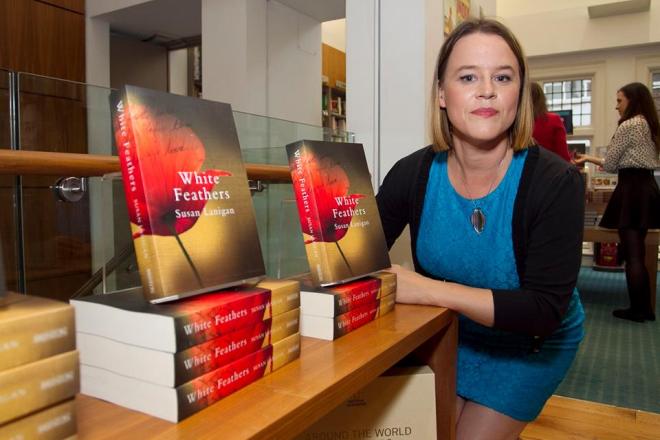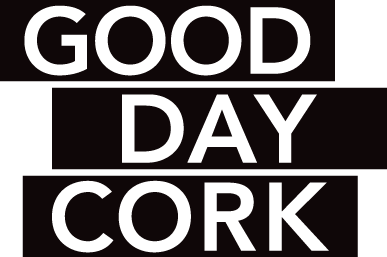Let There Be Light: Six Essays by Researchers in Cork
By Susan Lanigan

When Dr. Shree Krishnamoorthy quotes a scriptural verse “From darkness lead me to light”, she is not using a commonplace figure of speech for the nth time. She is literally talking about light. Specifically, bio-photonics, which can detect colours invisible to the human eye and thereby alert practitioners to problems such as danger of hypoxia during labour and delivery. Her essay sets the tone for these six pieces by researchers in different disciplines, all curated and published by Good Day Cork magazine. They are a refreshing and educating read.
There has been a recent trend for literary essay writing starting with Emilie Pine’s Notes to Self which powerfully documents her relationship with her alcoholic father, her own fertility battles and struggles growing up. This was followed by Sinead Gleeson’s Constellations and Patrick Freyne’s OK, Let’s Do Your Stupid Idea, among others. These collections, often very moving and well written, were focused on life experience. We Search is a very different concept in that it is focused on the work. The backgrounds of the writers are also diverse in both profession and identity. They are nearly all scientists. We Search seeks to show what Ireland – specifically Cork – has to offer for the future, and how much of that promise springs from people who have come here from elsewhere.
While Dr. Krishnamoorthy’s work deals with what cannot be seen by the human eye, Krishnakumar Chullipalliyalil exploits the quirks of eyesight in his discipline of optical instrumentation, which can be used to highlight the weak points of a COVID face mask. Never mind the point where the light gets in, these are the points where we need to keep the bugs out.
We Search seeks to show what Ireland – specifically Cork – has to offer for the future, and how much of that promise springs from people who have come here from elsewhere.
Poet and research scholar Kel Menton is the one humanities-based outlier in We Search – their dissertation is called “Of Monsters and Thems: Problematising Cis-Heteronormativity in Old Norse and Old English Scholarship.” Their work is a salutary reminder that many of the norms and boundaries placed on gender in the last 50 years, and the current brouhaha about same, are culturally specific in nature and that older societies around the world were happy to allow ambiguity in a milieu where many are now screeching for black and white.
Angela Nagle (who is an engineering PhD student at University College Cork, not to be confused with the author of Kill All Normies!) has a wonderful article about re-purposing used items, in this case turbine blades. The forthcoming Youghal to Midleton greenway will have a bridge constructed from these blades. She is anxious to bring initiatives like this to the attention of Transport Minister Eamon Ryan and I hope she succeeds.
Dr. Kristen Berding-Harold and Dr. Lekha Menon Margassery fly the flag for the life sciences, Berding-Harold for gut microbes and their effect on physical and mental health, and Margassery for new medicine potential in deep sea organisms in the face of antibiotic shortage. Again, these essays are primarily about seeking solutions for problems we are experiencing now. It is an interesting counterpoint to my own experience as a historical novelist moving in the opposite direction!
My one criticism would be that the pieces are on the short side; I felt as if they could be expanded and linked further with the social context they are coming from. On the plus side, that means I had a taste, and I wanted more. But most importantly these essays highlight contributions from sections of society not well presented in media discourse and this reader learned a lot from them. I am looking forward to reading more from this series.
About the the author:
Susan Lanigan is a published author who writes historical fiction. Read more.
But most importantly the 'We Search' essays highlight contributions from sections of society not well presented in media discourse and this reader learned a lot from them.
No related posts.

